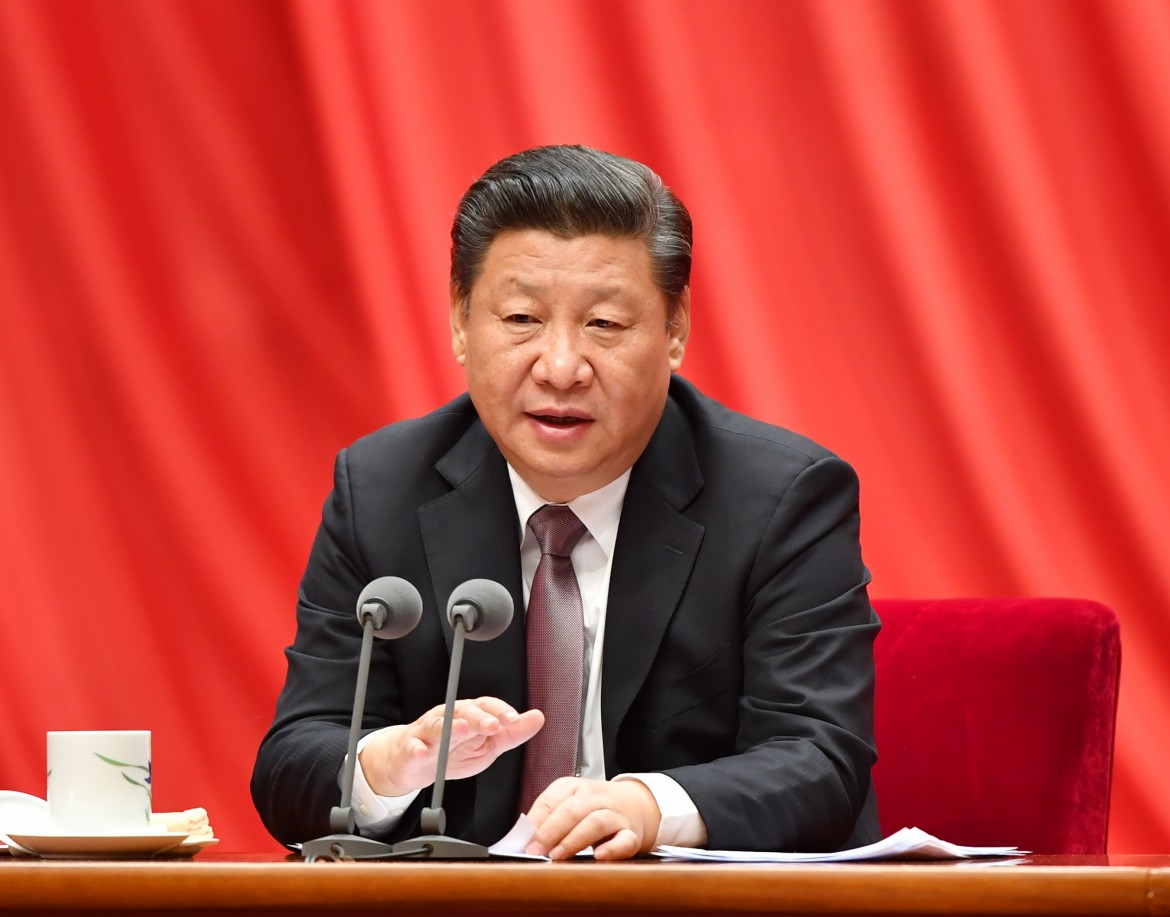Analysis
At Davos, Xi lays out a vision of global Chinese leadership
Chinese President Xi Jinping’s historic talk at the World Economic Forum marks the end of one era and the beginning of a new one in which globalization and non-interventionism exist in tandem.

“It was the best of times; it was the worst of times.” With this quote in his first speech to the World Economic Forum in Davos, Switzerland, Chinese President Xi Jinping paid homage to Charles Dickens, reflected on the West post-Industrial Revolution and emphasized the force of will that’s led China on a path of growth. Then, shortly afterward, Xi recalled the labors of the Chinese people and the achievements of China, thanks to globalization and “the leadership of the Communist Party.”
Pundits remarked that Xi’s speech Tuesday could have been read by Barack Obama. The Financial Times said it made Xi look like the only responsible adult left in the room, a reference to the sense of responsibility to the international community that other countries seem to have lost.
Xi defended globalization and at the same time asserted his desire to chart a new, Pacific-lead, financially stable course in the world. The “liberal” version of the Chinese leader believes that a peaceful world can grow. “No one will emerge as a winner in a trade war,” he said. Of course there are many uncertainties: Automation, innovation and the uneven distribution of wealth means globalization has losers. The important thing, Xi said, is that “no country should view its own development path as the only viable one.”
One wonders, therefore, how China interprets the world at this stage. The inaugural speech of the Davos summit, presented for the first time by a Chinese president, is sign of our times and an indication of the future of the globalized world.
The occasion was relevant to China as well as to the West because Xi’s words supporting globalization come just a few days before the installation of Donald Trump to the White House and at the same time Theresa May disclosed the method of Britain’s exit from the European Union.
For China this is the end of one cycle and the beginning of a new era. The days are over when Beijing exerted a secondary influence on the international scene. The domestic-focused posture was a decision by Deng Xiaoping, who chose to concentrate particularly on internal matters. Every Chinese leader since then has maintained that attitude until Xi. This “new normal” in Chinese policy will become a landmark for the whole world.
We must concede a major success of soft power for China. In just 30 years, the country at the center of the 1989 massacre, which led to economic embargo and international isolation, has become the world’s factory, opening up foreign investments and raising millions of people out of poverty. Now it’s the engine of global investment through acquisitions in parts of the West. The new Silk Road project, “One Belt, One Road,” is an example of the model of development Xi has in mind.
There are inequalities, Xi said, but the only way to stop the bleeding is through open markets and opportunities for developing countries to have a voice. That was Xi’s main message to the “club” of New World liberalism in Davos. Of course, a potential global governance under Chinese leadership would be quite different than global governance up to now: There would be more attention paid to emerging economies, more commercial freedom and more respect for regional and territorial diversity. There’s no indication China would change its policy of non-intervention in other countries’ internal affairs.
Beijing has no desire to export its political model or to ask for political changes, or to support them by means of “colored revolutions” in the countries with which they trade or invest. China’s globalized world is permeated by its internal guidelines. It is no coincidence that on Tuesday Xi made reference to the Chinese Communist Party, the engine of the economic miracle.
“It is true that economic globalization has created new problems,” Xi said, “but this is no justification to write economic globalization off completely.”
“Pursuing protectionism,” he said, obviously referring to Trump’s America, “is like locking oneself in a dark room. While wind and rain may be kept outside, that dark room will also block light and air.” Xi said the problems facing the West, “war, conflict and regional turbulence,” can only be resolved by “making peace, promoting reconciliation and restoring stability.”
Originally published at http://ilmanifesto.info/xi-jinping-liberal-a-davos-e-lidea-cinese-di-globalizzazione/ on 2017-01-18
